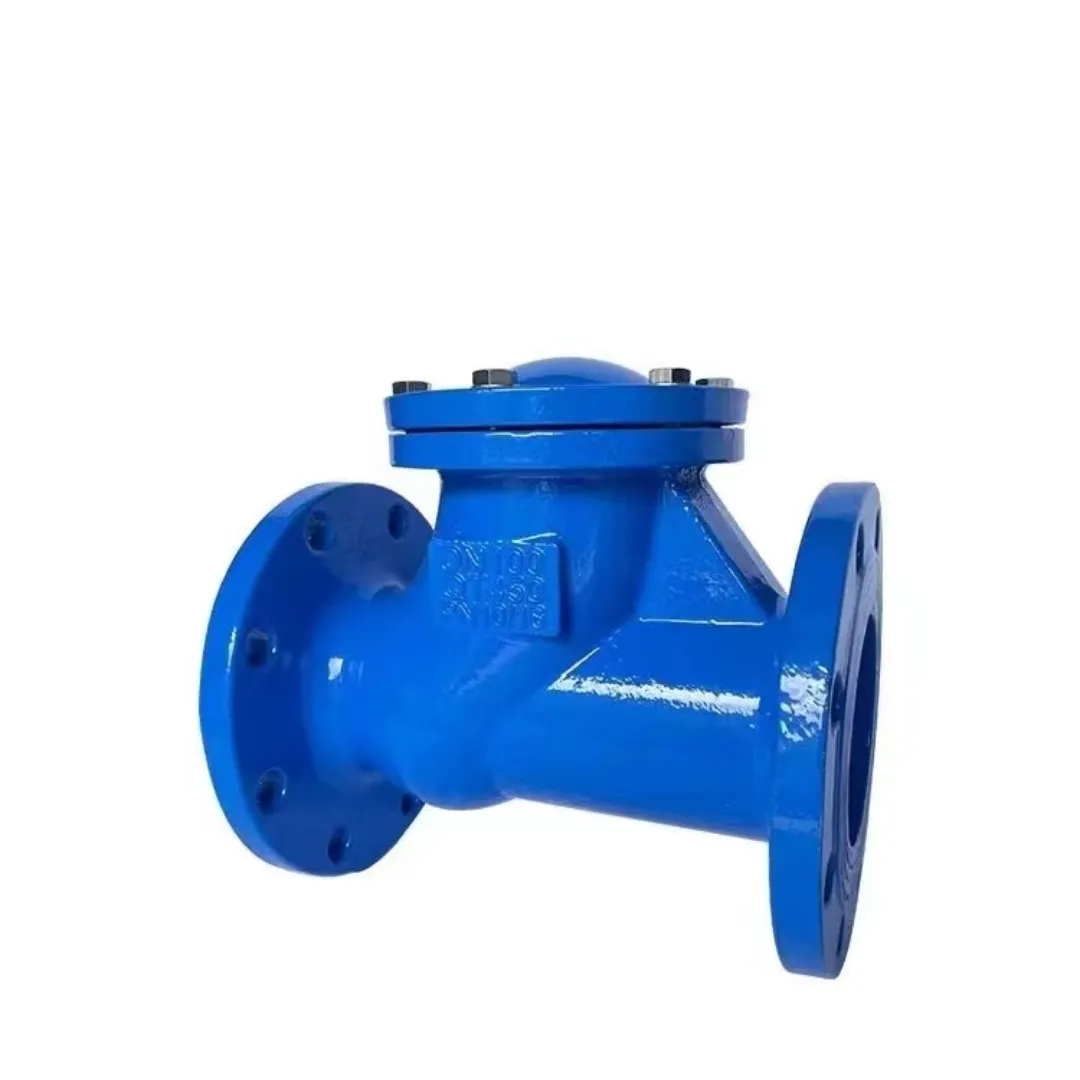ac control valve
Understanding AC Control Valves Functions and Applications
Control valves play a crucial role in various industrial processes, particularly in systems involving heating, cooling, and fluid management. Among these, AC control valves are specifically designed to manage the flow of air conditioning systems, ensuring optimal performance and comfort in residential and commercial environments.
What is an AC Control Valve?
An AC control valve is a mechanical device that regulates the flow of refrigerants or air within an air conditioning system. It adjusts the flow rate based on the temperature, pressure, and volume requirements of the system. By modulating the flow, these valves help maintain desired environmental conditions, enhance energy efficiency, and protect the system from damage.
Types of AC Control Valves
Control valves come in various types, each fulfilling specific needs. The most common types of AC control valves include
1. Thermostatic Expansion Valves (TXV) These valves control the amount of refrigerant released into the evaporator coil based on the temperature of the refrigerant leaving the coil. By adjusting the flow dynamically, TXVs help optimize cooling efficiency.
2. Electronic Expansion Valves (EEV) More advanced than TXVs, EEVs use electronic sensors and controls to adjust refrigerant flow. They provide more precise control over the system, allowing for improved energy efficiency and performance.
3. Pressure-Independent Control Valves These valves maintain consistent flow rates regardless of pressure changes in the system, making them ideal for variable air volume (VAV) systems in HVAC applications.
ac control valve

The Importance of AC Control Valves
AC control valves are essential for several reasons
- Energy Efficiency By accurately regulating refrigerant flow, these valves help systems consume less energy, leading to lower utility bills and a reduced environmental footprint.
- System Protection Overflows and excessive pressure can cause serious damage to an AC system. Control valves mitigate these risks by maintaining proper flow rates and pressures.
- Comfort Control In residential and commercial environments, maintaining stable temperatures is critical for comfort. Control valves ensure that air conditioning systems deliver consistent airflow, adjusting based on demand.
Installation and Maintenance
Proper installation and maintenance of AC control valves are vital to the longevity and efficiency of air conditioning systems. It is essential to work with qualified HVAC professionals to ensure that valves are correctly sized and installed according to the system’s specifications. Regular maintenance checks can prevent issues, such as blockages or leaks, which can compromise the system's performance.
Conclusion
AC control valves are indispensable components of effective air conditioning systems. By controlling refrigerant flow and ensuring optimal operation, these valves contribute to comfort, efficiency, and system longevity. As technology evolves, the development of more advanced control valves continues to improve the functionality of HVAC systems, ultimately benefiting both consumers and the environment. Proper understanding and maintenance of these valves are key to achieving the best results from any AC system.
-
The Key to Fluid Control: Exploring the Advantages of Ball Valves in Industrial SystemsNewsJul.09,2025
-
The Versatile World of 1, 2, and 3 Piece Ball ValvesNewsJul.09,2025
-
Stainless Steel Ball Valves: The Ideal Choice for Efficient Flow ControlNewsJul.09,2025
-
Optimizing Fluid Control with Ball Float ValvesNewsJul.09,2025
-
Manual Gate Valves: Essential for Control and EfficiencyNewsJul.09,2025
-
Everything You Need to Know About Butterfly ValvesNewsJul.09,2025
-
The Versatility of Wafer Type Butterfly ValvesNewsJul.08,2025




